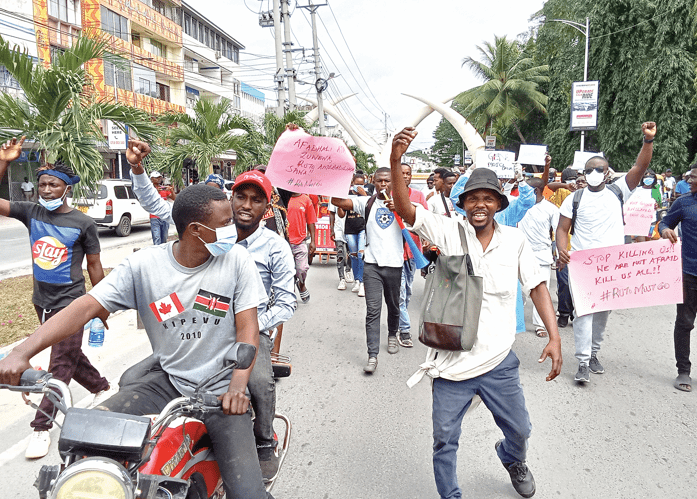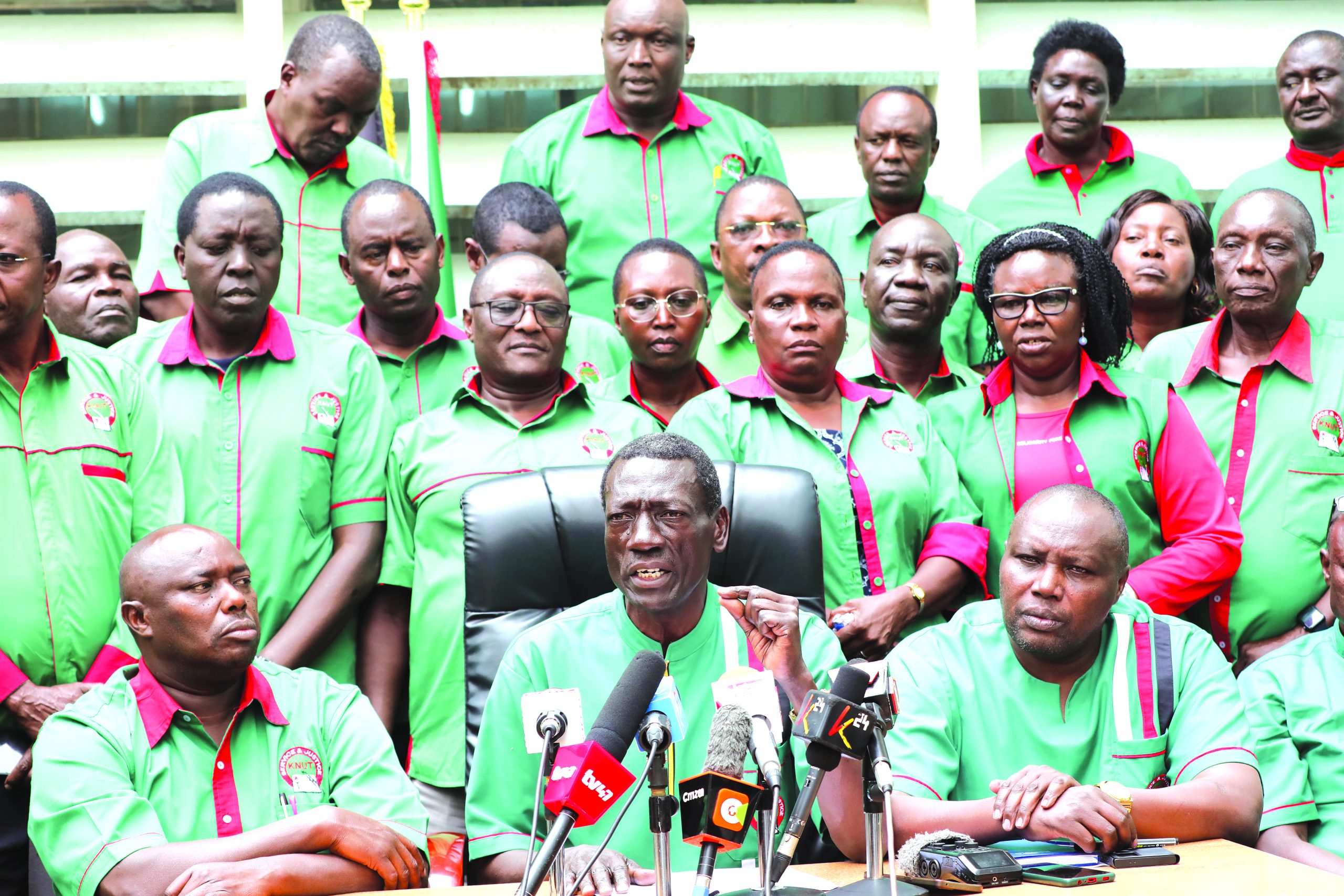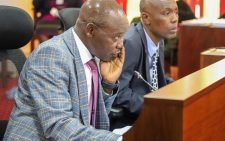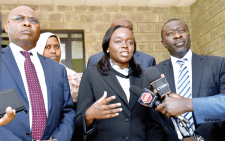At the weekend, a group of Gen Z book lovers invited me for a literary talk and the question of whether they were registered as voters popped up. It turned out that whereas nearly all had signed up to vote, only one in five had cast their ballots on August 9, 2022. Yet, this is the group that has been up in arms about bad governance in recent weeks.
Which means that as a country, we need to go back to the drawing board and reopen the debate on the idea of taxation and how it relates to representation. This idea was at the heart of the American War of Independence, with Americans arguing that it was politically incompatible for Britain to impose taxation on the colony while denying Americans the right to vote. The coin has been flipped in Kenya’s case. Many of the young people who, for one reason or the other, failed to vote in 2022, were most vocal in their opposition to the 2024 Finance Bill.
According to a former electoral commission returning officer who was taking part in the weekend discussion, if the eight million Kenyans who failed to vote had thrown their weight behind any of the fringe candidates, he or she would have defeated their closest challenger by a clean 700,000 votes. The last time such a margin was achieved was in 2002 when Mwai Kibaki of Narc defeated Uhuru Kenyatta of Kanu by 800,000 votes. That was significant given that Kenya had about 10 million voters at the time.
What does this say about voting patterns and the importance of voting?
First, new voter registration has been decelerating since 2007. Despite robust registration campaigns and accelerated issuing of identity cards, the number of new voters has historically been far below the number of those eligible, meaning that millions who should make their voices heard through the ballot have been wilfully gagging themselves. Yet, after every election cycle, since 2007, public disquiet grows within two years of elections.
Second, the number of voters who register but fail to cast their ballots has been increasing since 2010, when about 86 per cent of voters cast their ballots during that year’s referendum. The percentage has been declining since, with Nairobi among counties with the highest levels of voter apathy.
Countrywide, only 65 per cent of the 22.12 million voters cast their ballots in 2022, with the average turnout in the capital below 55 per cent. Nairobi’s case is interesting because it recorded the highest increase in the number of new voters, especially among the youth, raising questions about what happened to them between June, when they registered, and August, when the election was held.
The other question that arises has to do with the anger that Gen Z and millennials have demonstrated in recent weeks and how this has made them realise the importance of voting. According to them, older people who voted in 2022 were part of Kenya’s historical problem of poor leadership because, in their view, they had saddled the country with the current crop of political leaders, who are synonymous with ineptitude, corruption and cronyism.
Young people have also been proposing, hopefully in jest, that come the next election, the identity cards of older people should be made to disappear on the eve of the polls “so that they do not make bad electoral choices again”. This view, whether a joke or not, is interesting because it strikes at the heart of universal suffrage, an idea that took other countries years, blood, sweat and tears to achieve. If it were to be taken seriously, it amounts to questioning the very foundation of democracy and invites the public to ponder whether the ballot should be afforded to every adult and if not, what criteria should be used to knock out some swathes of the population.
All said and done, what the protests ought to teach Gen Z is that first, they will need to start registering as soon as the electoral commission is reconstituted, and two, they need to outvote everyone else if their preferred candidates are to take over power in 2027.
— The writer is the Editor-in-Chief of the Nairobi Law Monthly and Nairobi Business Monthly-




















